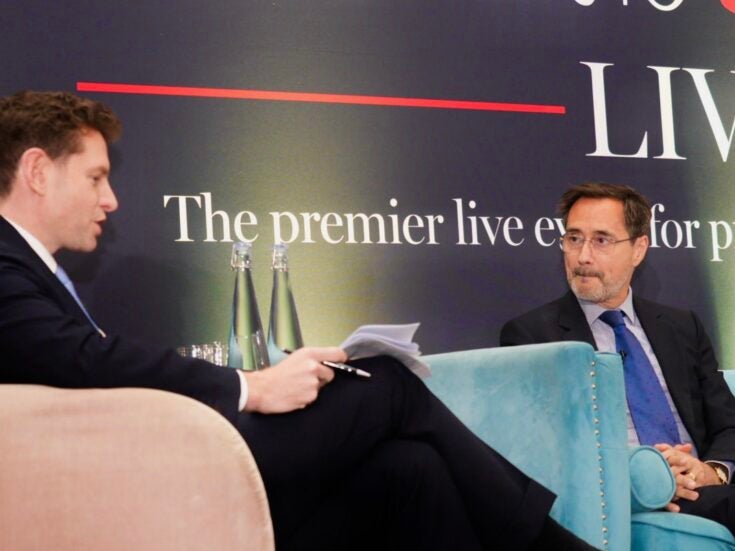Stephen Hill contemplates the candidates in the running for one of the world’s most important appointments – and discovers that QE is a bit like marriage
THE MOST IMPORTANT appointment, the chairman of the Federal Reserve, of 2014 is soon to be named. The sole choice is the president’s in the White House, as suitably trussed and handcuffed by the partisan impasses on Capitol Hill (the Senate has to approve it).
Obama’s first choice candidate was Larry Summers, the man better known as the one who advised Clinton to dump Glass-Steagall, the really bad decision that led directly to Global Crunch, where he advised Obama on the crisis he himself had helped to create. He showed up, however, as having too many friends on Wall Street.
And there was the small matter of a $1 billion hole in Harvard’s endowment fund, when he failed to close a bunch of currency swaps he had initiated. His candidature was undone this week by growing Democratic, and liberal democratic, criticism, especially in the Senate Banking Committee.
The importance of this appointment is that it will affect the whole global recovery, not just America’s, and therefore Britain’s. The key issue is the twin-headed one: where interest rates and monetary policy are heading.’
If the Fed raises interest rates, then QE reflation is on the way out and monetary policy will tighten; if interest rates stay low, the opposite will happen.
The chairman’s challenge is to make sure they can balance a tightening of monetary policy without causing a slump in the tentative recovery. The effect will be global, across every market. Not even Merkel will exercise anything like this power.
Sloppy seconds
Obama’s unenthusiastic second choice is Janet Yellen of the San Francisco Fed; his third choice is Donald L Kohn, but he has never served in a Democratic administration; or Obama could look beyond these three ’ if there’s anyone out there who knows what to do with Bernanke’s legacy.
Bernanke also took care to leave a rake lying in the grass for any wrong-footed successor when he linked ongoing QE to unemployment, but the vagaries of methodology of U1-U16 would leave even the Magic Circle bemused.
So, attention is now back on Ms Yellen, whose credentials as an economist and central banker and member of Democratic administrations are exemplary. In June 2007 she presciently said: ’I sense the presence of a 600-pound gorilla in the room, and that is the housing sector.’
Her stance towards QE was decidedly dovish at the outset of the banking crisis, but hawkish when it was said to be aiding a general economic recovery. She went on to disagree that the crisis was contained. She was right again, and again when she argued inflation was not yet a problem. Then she became hawkish and supported the Dallas Fed over whether QE was boosting aggregate demand.
Ms Yellen’s favourite measurement of jobs is NAIRU: Non-Accelerating Inflation Rate of Unemployment. When U16, or whatever U they settle on, is above NAIRU she’s dovish, and when not, she’s hawkish on interest rates.
Marriage and QE
That’s the real issue behind her appointment: concerns that she may raise interest rates too early, and take away the Punchbowl of Excess before the party has really got going. She is perceived to be a 1970s disciple of the Phillips Curve trade-off between inflation and jobs.
Like so many good-looking deals, marriage included, QE is easy to get into, but much harder to get out of. The mathematics going in is as simple as how fast the printing-presses can be run, but there is no known arithmetic for judging and managing the quantum and timing of a QE exit, especially when judged by the equally slippery slope of the Phillips Curve.
Yellen is firmly on the central bankers’ curve; the politicians are doggedly on the electoral curve, and looking for low rates up to 2016. They, like the UK’s Osborne, want a pre-election boom and plenty of goodwill spilling out of that punchbowl.
Yellen, or whoever is appointed, had better take the punchbowl away in time, or face a slumpflation downturn of some severity, even threatening Global Great Depression II. The stakes are that high.






